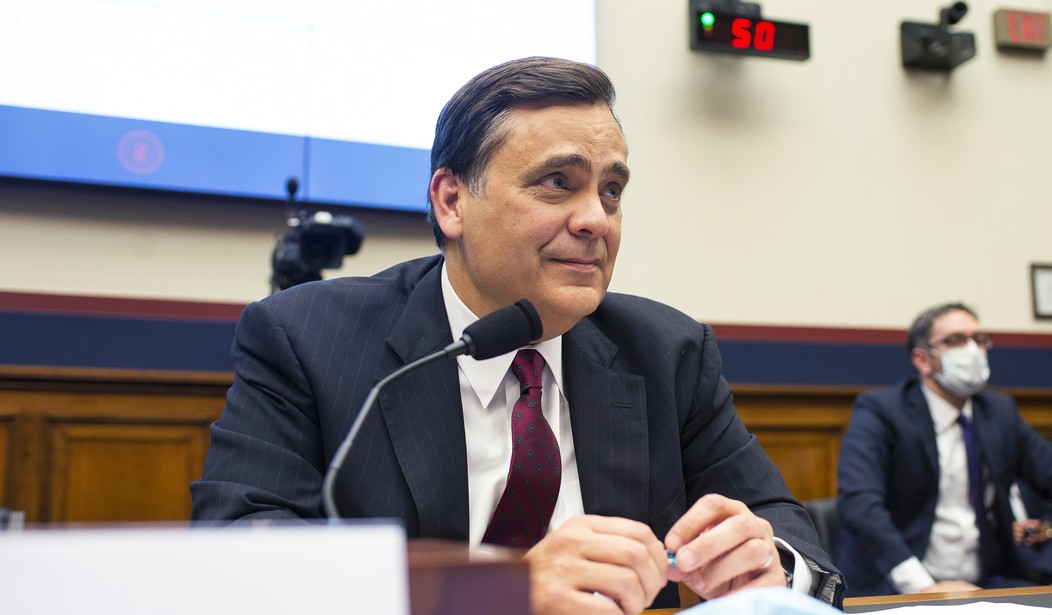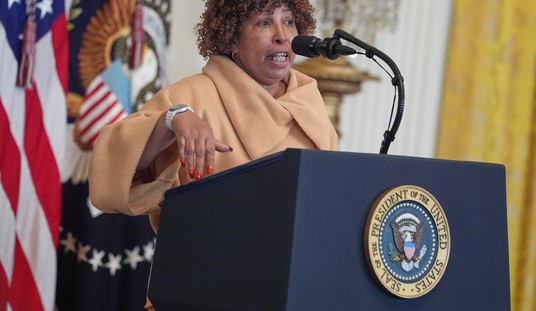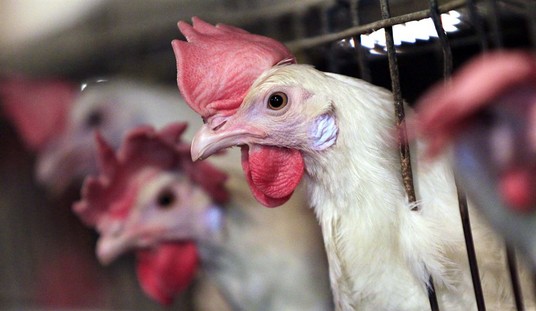The federal indictment of former President Donald Trump was finally released on Friday.
Our Susie Moore reported on the release and provides the full indictment for you to read.
We see that same “charge stacking” thing in this indictment that we saw from Manhattan DA Alvin Bragg, to make it seem more weighty/more offenses.
The 49-page indictment, a full copy of which can be viewed below, includes 38 counts directed at Trump and/or Trump aide Waltine (“Walt”) Nauta:
31 counts (as to Trump only) of Willful Retention of National Defense Information
1 count (as to Trump and Nauta) of Conspiracy to Obstruct Justice
1 count (as to Trump and Nauta) of Withholding a Document or Record
1 count (as to Trump and Nauta) of Corruptly Concealing a Document or Record
1 count (as to Trump and Nauta) of Concealing a Document in a Federal Investigation
1 count (as to Trump and Nauta) of Scheme to Conceal
1 count (as to Trump only) of False Statements and Representations
1 count (as to Nauta only) of False Statements and Representations
The section of the Espionage Act the DOJ has cited in its investigation against Trump, 18 U.S.C. §§ 793, makes it a crime to remove, copy, or share national defense information, or to “willfully [retain]” national defense information. That’s those first 31 counts.
Now, we’re getting a variety of legal opinions on the matter.
As Mike Davis, the former law clerk to Justice Neil Gorsuch and the head of the Article 3 Project, explains, it’s the Presidential Records Act that applies here. His point? You can’t charge a crime when it isn’t a crime under the Act.
Indictment confirms Garland's indictment of Trump is political:
1. Presidential Records Act, not Espionage Act, controls former president's handling of his presidential records
2. Generally, legally impossible to obstruct investigation into non-crime, per binding 2019 OLC memo
— 🇺🇸 Mike Davis 🇺🇸 (@mrddmia) June 9, 2023
He also said he doesn’t think it will ultimately survive review, and he pointed to the timing—just as the Biden bribery information dropped on Thursday.
4. The timing of this indictment proves it’s political:
Garland indicted Trump the day after we learned the FBI covered up evidence since 2017 then-VP Biden and his family took at least $10 million in foreign bribes and changed U.S. policy.
— 🇺🇸 Mike Davis 🇺🇸 (@mrddmia) June 9, 2023
Indictment confirms Garland’s indictment of Trump is political:
1. Presidential Records Act, not Espionage Act, controls former president’s handling of his presidential records
2. Generally, legally impossible to obstruct investigation into non-crime, per binding 2019 OLC memo
3. The theory the President of the United States can declassify information and still get charged for espionage–under “national defense information”–will not survive Supreme Court review.
4. The timing of this indictment proves it’s political:
Garland indicted Trump the day after we learned the FBI covered up evidence since 2017 then-VP Biden and his family took at least $10 million in foreign bribes and changed U.S. policy.
Lawyer and writer Leslie McAdoo Gordon appeared to be commenting on the charge-stacking.
It is impossible to take 37 counts seriously.
— Leslie McAdoo Gordon 🇺🇸 (@McAdooGordon) June 9, 2023
We reported what George Washington law professor Jonathan Turley said before he looked at the indictment. Afterwards, it’s clear he found the charges concerning, calling them “extremely damning.”
Fox News' favorite legal commentator Jonathan Turley: "It is an extremely damning indictment … this is not an indictment that you can dismiss" pic.twitter.com/1hE9phC7ie
— Lis Power (@LisPower1) June 9, 2023
Why? Because of the details in the indictment, including the report of an audio-recorded meeting where Trump allegedly showed someone else a classified document. Turley also said that he doesn’t think that the trial will be held before the election, so that the American public would end up rendering a verdict on the case by their vote. Turley also made the point that Trump can pardon himself if he wins.
Jonathan Turley
Trump can pardon himself if he wins.
'The judge is going to run out of time before the election. That could make the 2024 election a referendum on how people feel about this prosecution, because if he’s elected, Trump can pardon himself.' pic.twitter.com/YrEeudT7Kd
— Citizen Free Press (@CitizenFreePres) June 9, 2023
It’s important to note that these are details as laid out by the prosecution — it’s their claims without any rebuttal evidence. We’ve seen all kinds of things alleged over the years to try to take down Trump.
That’s important to keep in mind, as Mark Levin notes in his take. He also makes the very important point that this all stemmed from the Biden White House ordering NARA to provide access to the records to the FBI. (And as Mike Davis noted, pursuing presidential records isn’t generally a criminal question.)
My first take on this:
When an indictment is released, as in the case of President Trump, it presents a completely one-sided story developed by the prosecutor. Witnesses are not represented by attorneys, there is no opportunity for cross-examination, there is no opportunity for…
— Mark R. Levin (@marklevinshow) June 9, 2023
When an indictment is released, as in the case of President Trump, it presents a completely one-sided story developed by the prosecutor. Witnesses are not represented by attorneys, there is no opportunity for cross-examination, there is no opportunity for presenting exculpatory information, etc. It is not a trial jury. The indictment appears to me to be a piling on, which explains why the prosecution brought in as many witnesses and documents as possible, cherry-picking information, etc. Even now, nobody is present to deal with these charges in the media — for example, why is it assumed in some instances that the movement of some boxes was for the purpose of concealment.
Remember, virtually none of this would be an issue but for the original decision by the Biden White House and DOJ to turn this into a criminal case. Most of what is claimed in these charges flow from that decision. And attorney-client privilege was circumvented in at least one instance, I would argue, which will be a basis for challenge, among other things.
If any of the alleged evidence is based on violations of privilege, due process, etc., would result in the prosecution having to figure out what parts of that information was used to poison other witnesses or the presentation of information to the grand jury.
Now, they are trashing the federal judge in the Miami arraignment (perhaps the entire case), who is a Trump appointee (the judges handling all motions respecting the grand jury were Obama appointees, and that did not draw the criticism of these same critics, of course).
So, we’ll have to see how it rolls out but we’re likely to still be talking about it even after the election.
If you’re able to help out and want to get some great value while getting important coverage of the Trump indictment, join RedState VIP today; use code WITCHHUNT you’ll get 50% off. You can help us continue to bring you some great content.













Join the conversation as a VIP Member